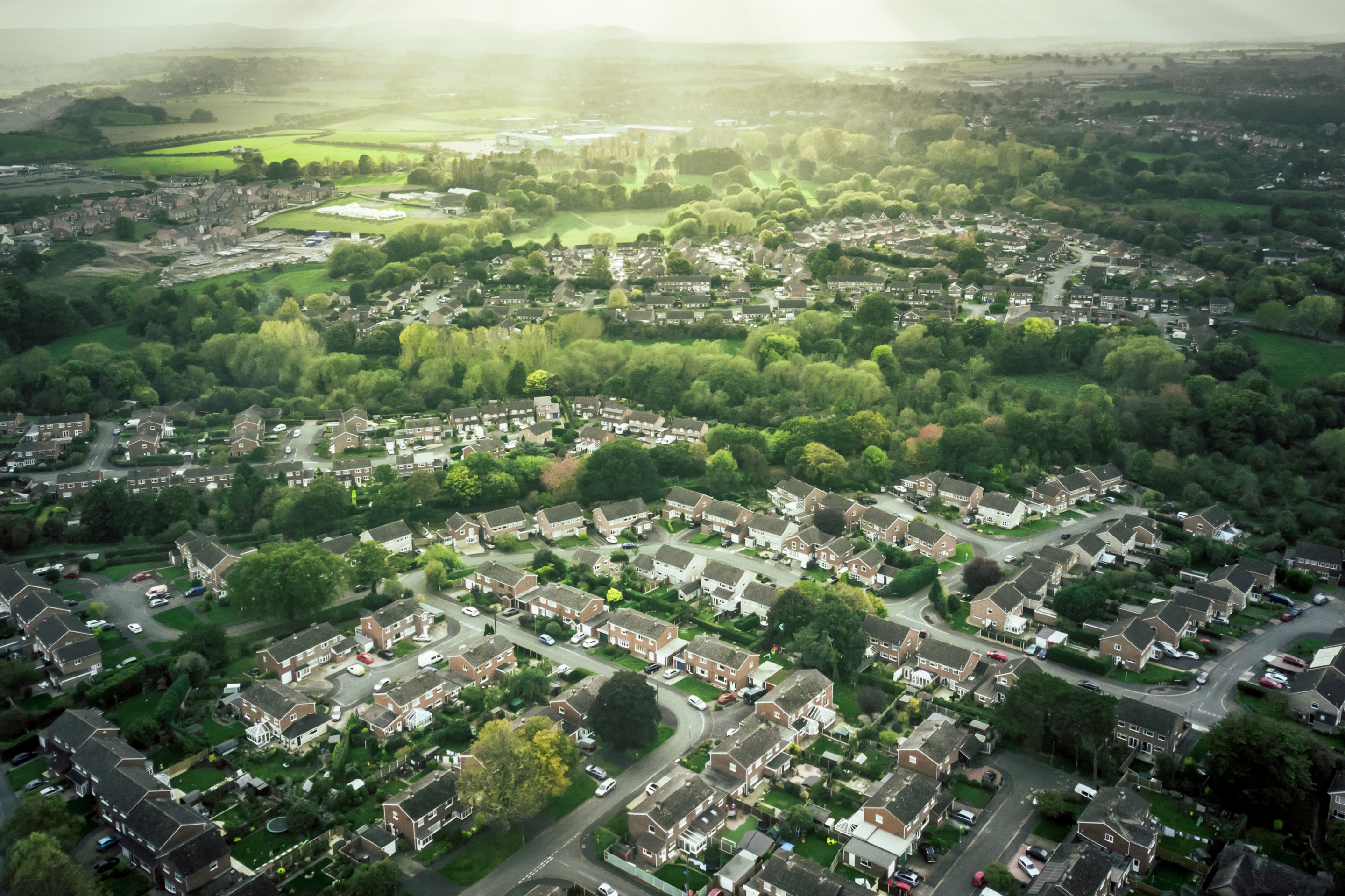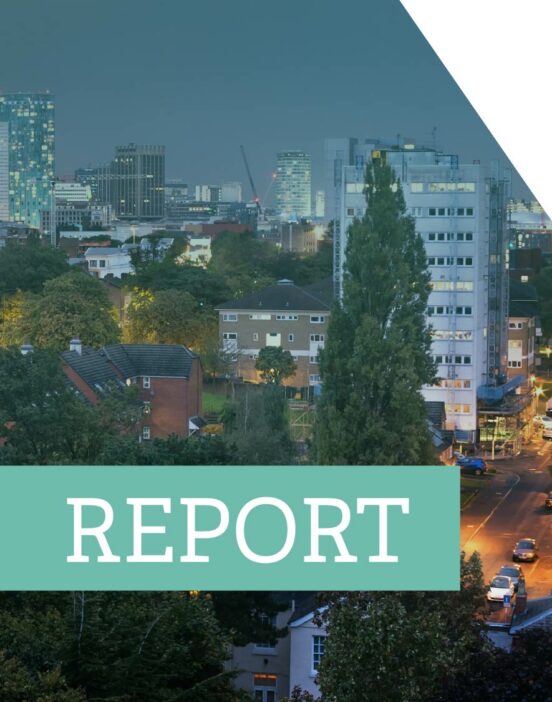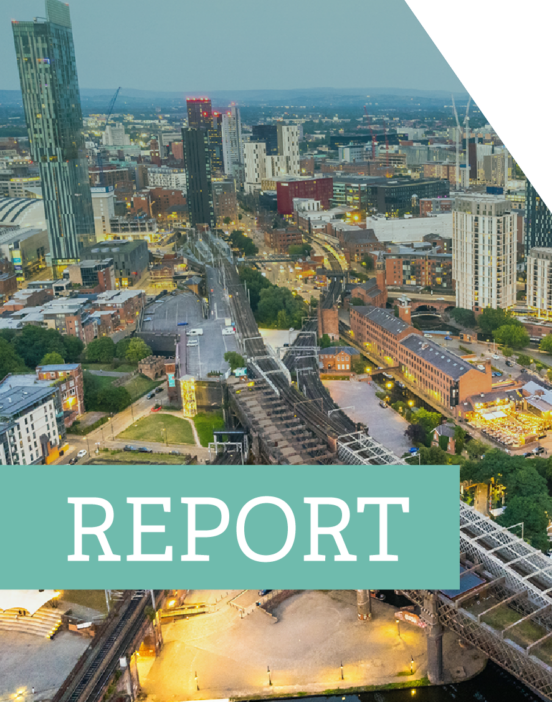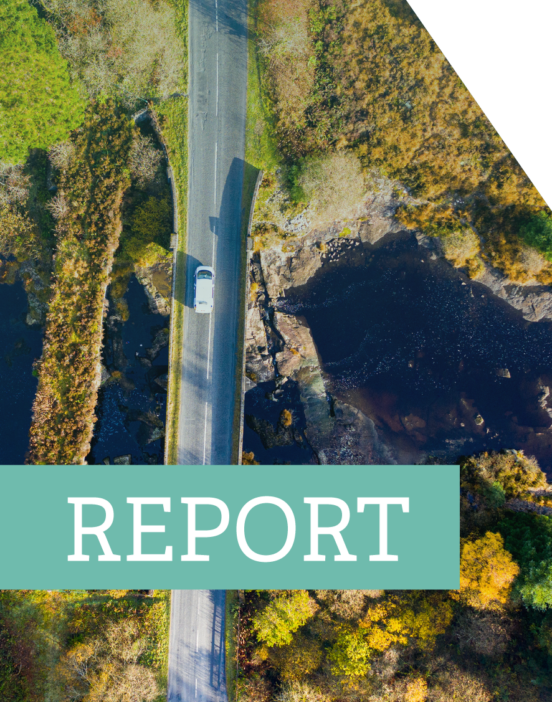
Places
Places and The Economy 2030 Inquiry
The economic change of the 2020s won’t just affect us individuals and families, it will profoundly affect the places we live in – from the local services we use, the local jobs we either do or rely on, or even tenfold increase in electric charging points that are needed by 2030.
The UK’s recent economic history points to us not always managing change well. The creative destruction of the 1980s – which saw the decline of manufacturing, and rise of financial services – was, for many communities, destruction pure and simple. While aggregate income growth was strong, 11 local authorities lost at least fifth of their workforce. Long-term unemployment trebled in the early 1980s, and many workers never returned to work of similar pay and status.
Income growth for typical families was particularly strong in the 1980s, but at the same time 12 local authorities across the UK lost a fifth of their workforce
Of course, geographic inequality is not a one-way street. Regional income gaps have fallen to their lowest level since the late 1970s, driven by rising employment, the National Living Wage pushing down pay inequality, and high housing costs further reducing the North-South divide.
But challenges remain in tackling place-based inequalities. While income gaps are closing, wider economic gaps remain huge. GDP per capita in London is 2.5 times greater than in Doncaster. Behind falling regional employment gaps and still-high regional productivity gaps, lie challenging questions about the quality and status of the new jobs that are being created in traditionally low-employment areas.
Arguably, the impact of economic changes on places and communities is an issue where the Government is the most on the front foot – the current administration has made ‘levelling up’ its top policy priority. What ‘levelling up’ actually means in concrete policy terms, however, and whether it answers the challenges of economic change that are coming, are questions that still need to be answered.


